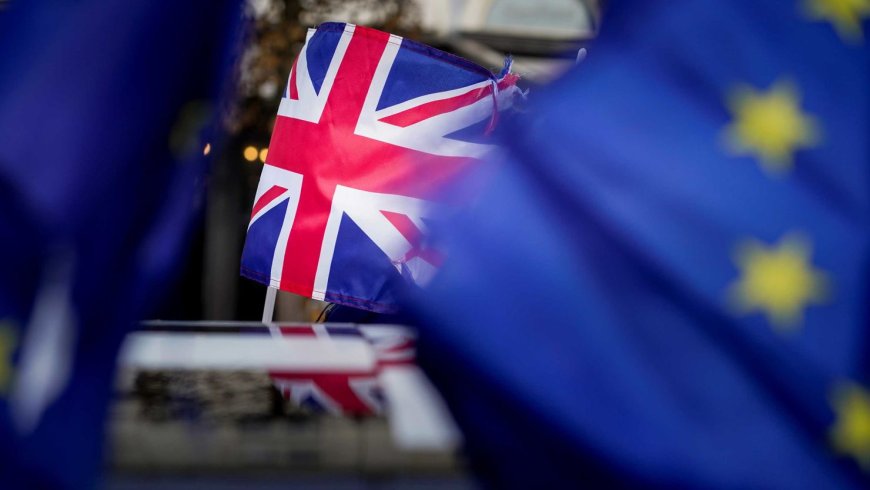UK to Change Travel Entry Requirements with New ETA Scheme Starting in 2025

The UK government has announced major changes to its travel entry requirements, set to take effect in 2025, as part of its Electronic Travel Authorization (ETA) scheme. This move is intended to enhance border security and modernize the UK’s immigration system.
Starting from April 2, 2025, all visitors to the UK who do not require a visa will need to obtain an ETA before entering the country. The system, similar to the ESTA program used in the United States, will apply to travelers from visa-exempt nations, including those entering the UK for short visits or transiting through British airports.
Key Details of the New ETA Scheme
- Eligibility: All visitors, except for British and Irish citizens, will need permission to travel, which can be obtained through an ETA or an eVisa.
- Cost and Validity: The ETA will cost £10 and allow multiple entries to the UK for up to six months at a time over a period of two years, or until the holder’s passport expires—whichever comes first.
- Application Process: Eligible travelers can apply for an ETA using the UK ETA app. The system is linked to the traveler’s passport, simplifying the process for repeated trips.
The scheme has already been rolled out to certain nationalities. Since its initial introduction in November 2022, visitors from Qatar have been required to obtain an ETA. The program was later extended to citizens of Bahrain, Kuwait, Oman, Saudi Arabia, and the UAE. As of November 27, 2024, non-European nationalities will be able to apply for an ETA, which will be mandatory for travel starting on January 8, 2025.
Extension to European Nationals
The ETA scheme will also be extended to European travelers, who will be required to apply from March 5, 2025. From April 2, 2025, nationals from eligible European countries will need an ETA to enter the UK, even if they are just transiting through the country.
This change marks a significant shift from previous practices, where many visitors could enter the UK without a visa. The new requirement applies even to those using the UK for connecting flights to other destinations.
Exemptions and Restrictions
Certain groups are exempt from the ETA requirement, including:
- British and Irish passport holders
- People holding visas, or those with permission to live, work, or study in the UK
- Individuals settled under the EU Settlement Scheme, following the UK’s exit from the European Union in 2020
While the ETA allows short-term stays for tourism, business, family visits, and short-term study, holders are not permitted to get married, claim benefits, or engage in self-employed work while in the UK.
Impact on Heathrow and UK Border Security
The Home Office has positioned the ETA as part of a broader effort to digitize and secure UK borders, citing its alignment with border security measures in countries like the US and Australia. The system also mirrors the ETIAS program, which will soon apply to visa-exempt travelers to 30 European countries.
However, the scheme has faced criticism. Heathrow Airport has already reported a 90,000-passenger drop on routes included in the program since its introduction, blaming the ETA for reducing the UK’s competitiveness as a global transit hub. Heathrow has called on the government to review the inclusion of air transit passengers in the scheme, citing concerns that it could deter travelers from using UK airports for international transfers.
The ETA scheme represents a significant overhaul of the UK’s travel entry system, affecting millions of travelers from across the globe. While the UK government highlights the enhanced security and digitization benefits, the system has sparked concerns about its impact on tourism and transit routes. As the system rolls out fully by 2025, travelers will need to prepare for the new requirements, marking a post-Brexit shift in UK immigration policy.













































